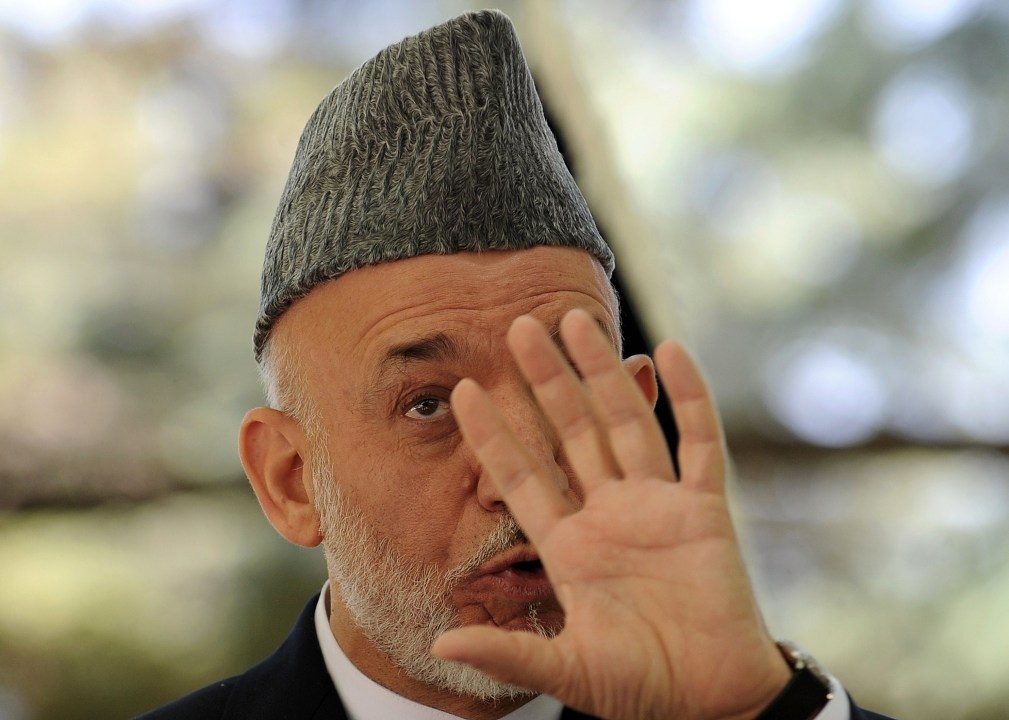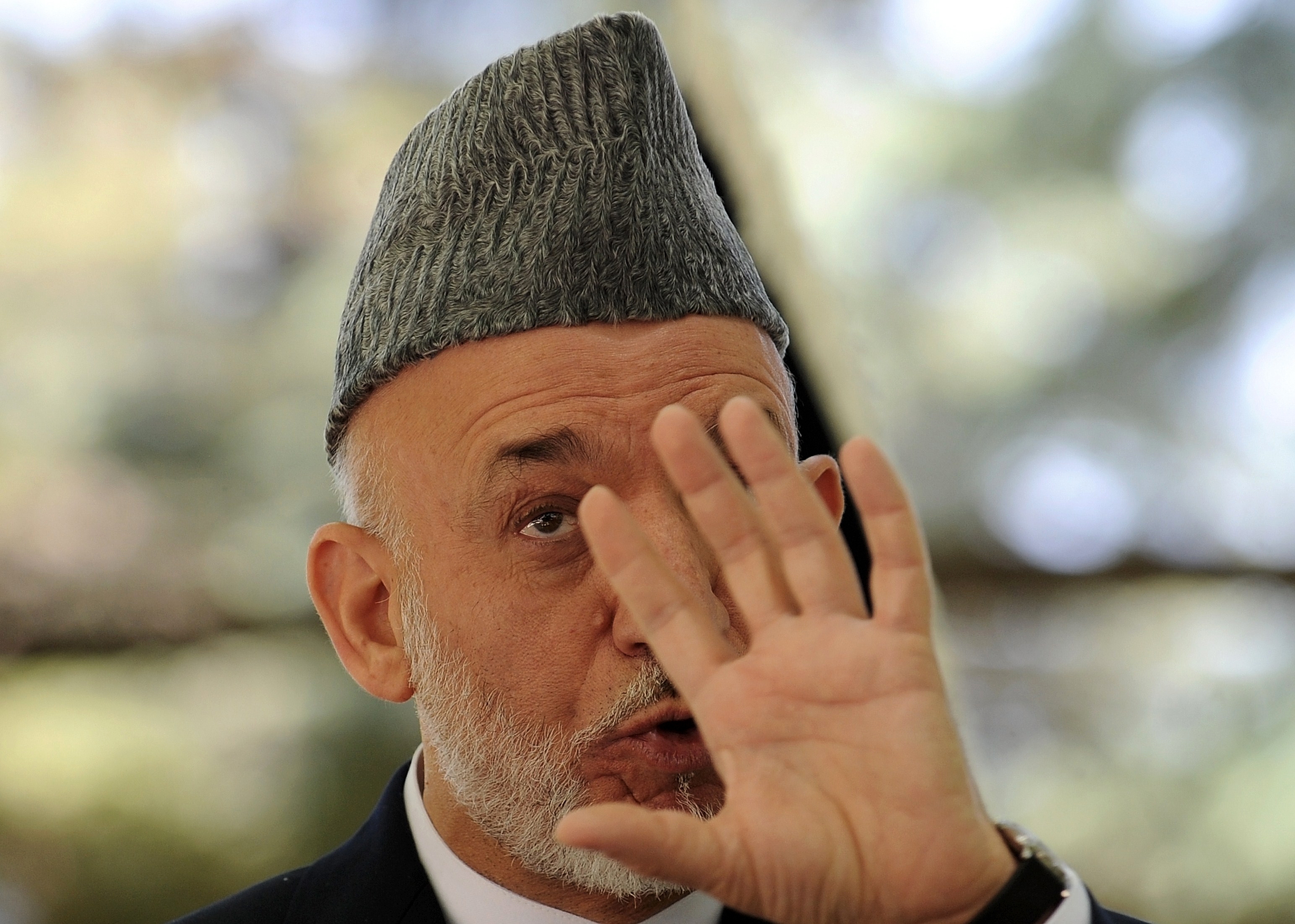 The International Monetary Fund used to be hated, blamed for the privatisation
programmes it imposed across the world in exchange for loans. Then it spent a decade in relative obscurity. Now, as countries like Greece are forced to beg for loans, the Bretton Woods institution
has again become a popular bogeyman. Every Greek protester thinks that all would be well if only their government had a Love, Actually
moment and told the IMF where to go.
The International Monetary Fund used to be hated, blamed for the privatisation
programmes it imposed across the world in exchange for loans. Then it spent a decade in relative obscurity. Now, as countries like Greece are forced to beg for loans, the Bretton Woods institution
has again become a popular bogeyman. Every Greek protester thinks that all would be well if only their government had a Love, Actually
moment and told the IMF where to go.
But the IMF — with its hard-nosed, unsentimental policies — is often what is needed to save governments from themselves. Take Afghanistan. As The Guardian reported yesterday, the Afghan government will struggle to pay its bills “within a month,” after the IMF rejected proposals for resolving the Kabul Bank scandal. The IMF is holding out because Hamid Karzai’s government have not agreed that taxes, rather than foreign aid, should repay the $820m taken out of central bank reserves last year to prop up the bank, and they are stalling on criminal investigations against managers and politically-connected shareholders.

Britain’s best politics newsletters
You get two free articles each week when you sign up to The Spectator’s emails.
Already a subscriber? Log in








Comments
Join the debate for just £1 a month
Be part of the conversation with other Spectator readers by getting your first three months for £3.
UNLOCK ACCESS Just £1 a monthAlready a subscriber? Log in